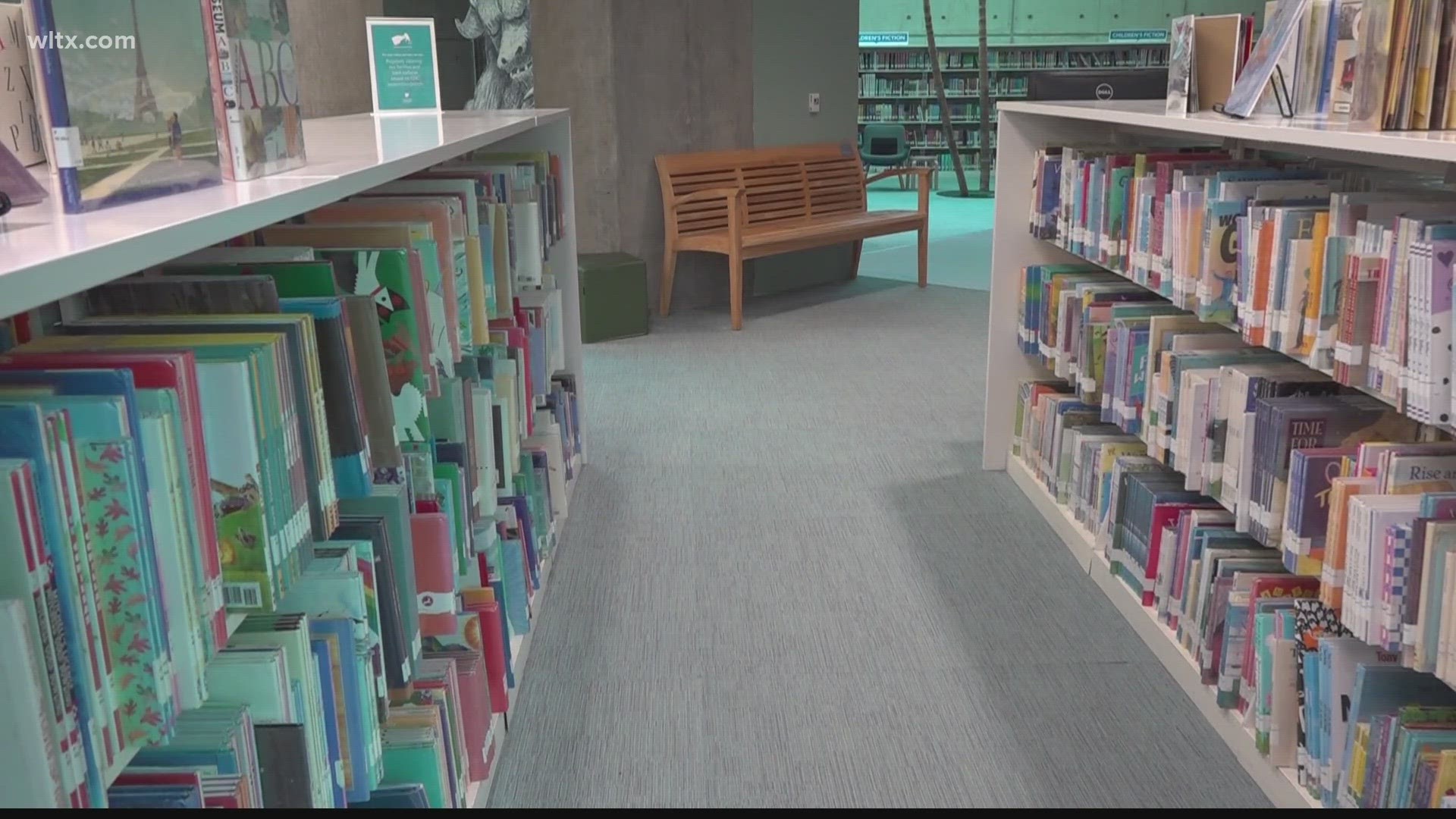COLUMBIA, S.C. — The South Carolina State Board of Education has passed a new regulation aimed at determining the suitability of books for school libraries.
The regulation, which underwent two public comment periods over several months, was finalized during the Board's second reading on February 13.
It was reached after extensive public feedback and deliberation, grants the Board final authority over which books can be made available to students.
According to South Carolina Education Superintendent Ellen Weaver, the regulation seeks to provide uniformity and clarity across the state.
“We are here to create clarity and uniformity around the materials that are introduced into South Carolina classrooms and libraries at taxpayer expense,” said Weaver.
Under the policy, books would be deemed inappropriate if they contain descriptions or depictions of sexual conduct as defined by state law. Parents or legal guardians in a school district would have the ability to file up to five complaints per month about materials they find objectionable. They can then challenge local school board decisions by appealing to the State Board of Education. This means a book deemed in appropriate in one district would be banned from every school in the state.
Notable adjustments were made to the regulation based on public feedback. These adjustments include the elimination of reference to FCC provisions to simplify the definition of age and developmentally appropriate materials and now allowing anyone in a school district to file a complaint.
The proposal would also implement a standard complaint form for statewide use and allow a local board to suspend an appeal if a similar appeal is pending before the State Board of Education.
The board also extended the period for a local board to consider a complaint from 60 to 90 days.
Critics, however, including Josh Malkin from the ACLU of South Carolina, argue that such regulations could limit access to essential educational materials.
“What we see book banners do is they take one passage out of context and then say because this content is sexual, this book can’t be in libraries. But then you’re talking about books like The Bluest Eye, books like Beloved, you're talking about award-winning books, books that are on the AP exam, books that tell beautiful yet difficult stories that kids should have access to,” said Malkin.
Meanwhile, Miles Coleman, a Greenville-based attorney with Nelson Mullins, said it’s a good policy that doesn’t censor students.
“A student may have the ability to do something or to read something but it doesn’t mean the school has to buy it, prove it, house it, and teach it. This isn't the student speech we’re talking about. This is about government employees using government money and putting it into government buildings as a part of a government program,” said Coleman.
The regulation now awaits approval from the Legislature before it takes effect.
Similar policies have been adopted by at least seven other states, including Alabama, Arkansas, Florida, Indiana, Iowa, Kentucky, and North Carolina.

